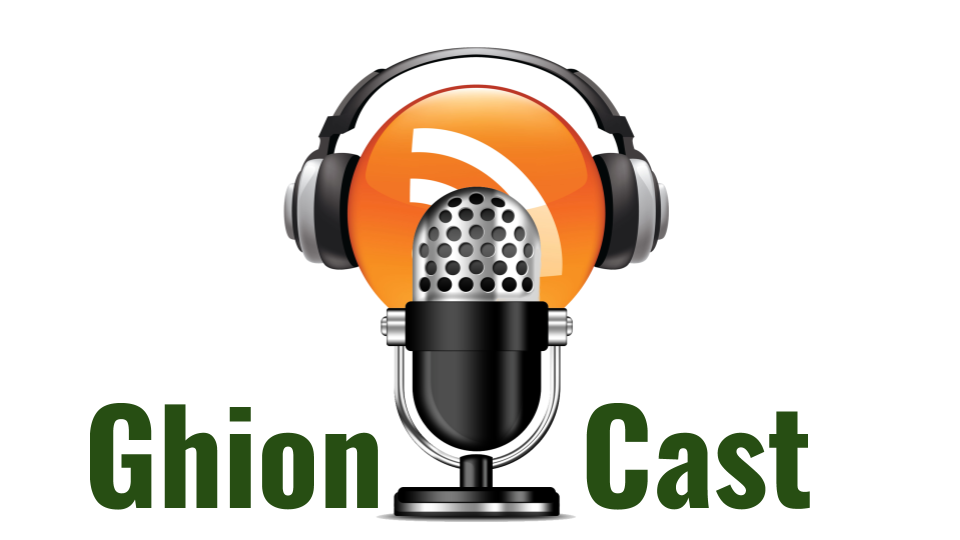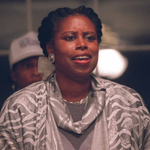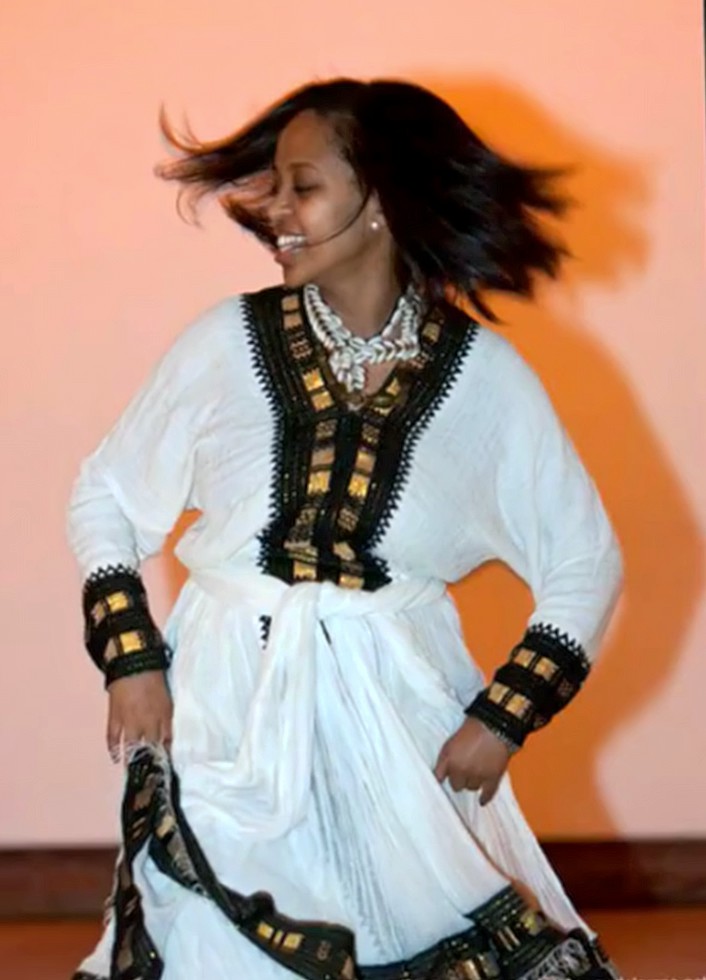
Emnet Yazu: Don’t Eat the Seeds
Written by Teodrose Fikre, June 3, 2017
When I was five years old in Ethiopia, I used to be an aspiring corn farmer. The minute I got my hand on an ear of corn, I could not wait to plant a kernel in my backyard and grow my corn garden. Except I had one glaring weakness that eventually terminated my dreams of being a farmer–I had zero patience. I killed more corn before they grew than Donald Trump has screwed over working Americans by declaring bankruptcies. Unable to wait, less than 24 hours after I planted the kernel, I would dig it out the next day to see how much it grew. For every one kernel that actually made it above ground, I vitiated the growth of a hundred before they could sprout.
I am relaying this story because of a dialogue I shared yesterday with a fellow Ethiopian who happens to be an avid Ethiopian government supporter–I will leave her name out and refer to her as Terhas out of respect for her privacy. It does not take too long to realize that I am vehement in my opposition to the junta in Addis Abeba. However–as I’ve said before and I proved to myself by meeting with the activist who resides in a different political lane than me–my opposition against the tyrants and butchers of Ethiopia is not repudiation against those who happen to support the government nor is it an indication of a hatred for my fellow Ethiopians who happen to be from the Tigray tribe. My stance is against those who sit at the policy table and the colonial masters they serve; the rest of us–irrespective of our political beliefs or ethnicity–are all victims of a global system of decadence and greed.
During our conversation, the issue of economic empowerment came up. I believe in my heart that Ethiopia, with all her natural resources, historical and cultural diversity and most important the latent intellectual prowess that resides among the people, can one day become the Japan of the continent. I shared with Terhas my frustration over the years with the Ethiopian community because I see the gains we can make that have yet to be realized because too many would rather eat the seeds in their hands instead of planting the seeds and nourishing the entire country once the seeds grow. But at that precise moment, it kind of hit me. All these years I was spinning my wheels preaching at my community to invest in each other and to have emnet (faith) that short term sacrifice will lead to long term gain. As I was imploring people to have faith, I concurrently was practicing the patience of a five year old.
What I’m writing about the Ethiopian community can apply to all of us irrespective of nationality or ethnicity. We are living in an economic age where more and more of us are becoming indentured servants to multinational corporations who care little about their employees as they pray before the alter of their god profit. In this paradigm, it is an imperative for us to disengage from corporations as much as possible and, if we can, become entrepreneurs. We all have unique gifts and capacities that we have been born with. Why spend our time on this earth, little as it is, working to fulfill the aspirations of others instead of seizing our own dreams?
I have to admit, my affinity and love for the land of my birth makes me turn this quest into some sort of crusade. I see what is possible if only 10% of the community decided to work together instead of working apart. While there are many who do exactly this, my experience within the Ethiopian community has shown me that too many would rather hustle for the next dollar instead of investing in each other and reaping the rewards that come with collective success. The reason I was so excited about the Obama campaign and drove myself into a rut traveling state to state on his behalf–volunteering in ways that boggles my mind when I reflect in hindsight–was primarily to organize the Ethiopian community and turn an oft overlooked people in America into a powerful political and social bloc.
As Ethiopia led, my working assumption was, the “African-American” community could do likewise. So I put all my hopes in the nation that birthed me believing in my heart that Ethiopia could lead a Renaissance for a people who have been mistreated too often at the hand of injustice. This hope of mine was met too often with reticence and resistance; my idealism was foreign as I preached reinvestment to folks who wanted instant gratification. I have to admit, some of this was the byproduct of who I was reaching out to. On one too many occasions, I found myself beseeching those who lived by the day to day hustle and counted their livelihood on the basis of promoting political ideologies or hookah parties. Thus, the more I tried, the more my efforts met abject failure.
At the outset of my attempts to “organize” the Ethiopian community, I was warned by a good friend to not dip my toes in the “habesha” community and to take my talents elsewhere. My arrogance and my idealism made me ignore this advice; for close to ten years I refused to give up until life’s circumstances finally led to my departure from the DC metro area. In hindsight though, I realize that I never grew up. I was like the child in Bole who planted a corn one day and then dug it up the next. Impatience was my calling card and it was this one weakness that made me falter each time.
I still have the belief in my hear that one day Ethiopia can rise again and be a nation among nations and in the process offer an alternative to this global agenda of greed and selfishness. This is not just a theory, as I lived in a remote farm in Colorado for the past year, anytime I played Ethiopian music or made food with a hint of Ethiopian spice in it, people’s eyes would light up and they would want more of it. This is the latent potential that resides in our community; our food is not only delicious it is also healthy–teff is a super food and our vegetarian dishes would draw millions if they only knew of it. Our music and culture as a whole is entrancing; those who get a taste of Ethiopian culture become a part of it for the long haul (check out the video below to get a taste of what I’m alluding to).
What I could not do while I resided in the community, I can perhaps do from a distance. At the age of 42, I’ve finally earned the wisdom to let seeds grow. I pray for all of us, not just Ethiopians but for humanity as a whole, that we turn the corner on this age of “me” and learn to be about “we” instead. A life of materialism and consumerism might seem fulfilling at first but the end result is always emptiness. The key to happiness is not to just attain for self but to plant seeds so that others can eat as we eat. Perhaps one day I will return to DC and when I do I shall no longer dig up the seeds I plant and instead have the patience and faith to know that in time the seed will grow on its own. Emnet yazu means have faith in Amharic; may we all have faith that one day the seed of togetherness will outgrow the seed of self-indulgence. #EmnetYazu
“Dare, dream, dance, smile, and sing loudly! And have faith that love is an unstoppable force!” ~ Suzanne Brockmann
If you appreciated this write up and realize the message of togetherness and unity that is contained herein, share this article on social media using #EmnetYazu
Check out the Ghion Cast below where I discuss the very notion of us, the people, believing in ourselves and empowering each other instead of powering those who thrive at our cost.
Teodrose Fikre
Teodrose was born in Ethiopia the same year Emperor Haile Selassie was deposed by the communist Derg junta. The great grandson five generations removed of Atse (emperor) Tewodros Kassa II, the greatest king of Ethiopia, Teodrose is clearly influenced by the history and his connection to Ethiopia. Through his experiences growing up as first generation refugee in America, Teodrose writes poignantly about the universal experiences of joys, pains and a hope for a better tomorrow that binds all of humanity.
Teodrose has written extensively about the intersection of politics, economic policies, identity, and history. He is the author of "Serendipity's Trace" and newly released "Soul to Soil", two works that inspect the ways we are dissected as a people and shows how we can overcome injustice through the inclusive vision of togetherness.
Latest posts by Teodrose Fikre (see all)
- Seek Redress: Mr. Fikre Goes to Washington - August 30, 2017
- Ninety Five Theses For Justice: a People’s Petition for Redress from Federated Repression - August 28, 2017
- A Speech Deferred: How Facebook Shackled My Voice - August 26, 2017





















Leave a Reply
1 Comment on "Emnet Yazu: Don’t Eat the Seeds"
its true teddy. without such a faith we can not even to think towards uniting all this divisions in countless sects, especially among us-Ethiopians
0
0